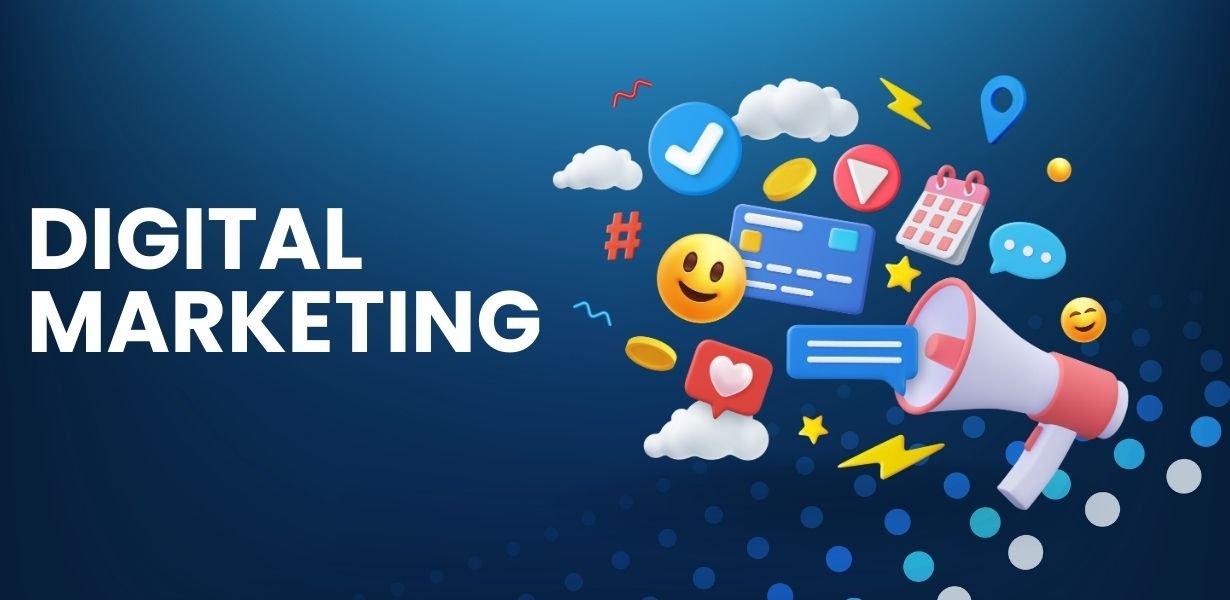What is Digital Marketing
and Its Advantages and Disadvantages
Introduction to Digital Marketing

Digital marketing involves promoting products or services through online platforms. It has revolutionized how businesses reach and engage customers. Utilizing various strategies and tools, digital marketing aims to enhance online presence and drive sales.
Advantages of Digital Marketing
1. Global Reach
Digital marketing allows businesses to reach a worldwide audience. Unlike traditional marketing, it breaks geographical barriers, enabling companies to market their products globally with ease.
2. Cost-Effective
Compared to traditional advertising, digital marketing is more affordable. It offers various cost-effective methods such as social media marketing, email campaigns, and search engine optimization.
3. Targeted Advertising
Digital marketing provides precise targeting options. Businesses can tailor their marketing efforts to specific demographics, interests, and behaviors. This ensures that the right audience sees the advertisements.
4. Measurable Results
One of the key benefits is the ability to track and measure results. Tools like Google Analytics and other metrics provide insights into campaign performance, allowing for data-driven decisions.
5. Enhanced Engagement
Engaging with customers in real-time is easier with digital marketing. Social media platforms, for example, enable direct interaction, fostering stronger relationships with the audience.
6. Flexibility and Adaptability
Digital marketing campaigns can be adjusted quickly based on performance metrics. This flexibility allows businesses to refine strategies and improve results continuously.
Disadvantages of Digital Marketing
1. High Competition
The online marketplace is highly competitive. Standing out requires innovative strategies and significant effort. Small businesses may find it challenging to compete with established brands.
2. Dependence on Technology
Digital marketing relies heavily on technology and internet access. Technical issues or poor connectivity can hinder marketing efforts and affect customer engagement.
3. Privacy and Security Concerns
Collecting and using customer data raises privacy issues. Businesses must comply with regulations and ensure data security to maintain customer trust.
4. Continuous Learning Curve
The digital marketing landscape is ever-evolving. Staying updated with the latest trends and technologies requires constant learning and adaptation, which can be resource-intensive.
5. Negative Feedback and Reviews
Online platforms provide customers a voice. Negative feedback or reviews can spread quickly, impacting a brand's reputation. Managing online reputation is crucial for success.
6. Time-Consuming
Creating and managing digital marketing campaigns can be time-consuming. It requires regular monitoring, content creation, and interaction with the audience, which can be overwhelming for small teams.
Conclusion
Digital marketing offers numerous advantages, such as global reach, cost-effectiveness, and precise targeting. However, it also presents challenges like high competition and privacy concerns. By understanding and addressing these aspects, businesses can effectively leverage digital marketing to achieve their goals.





